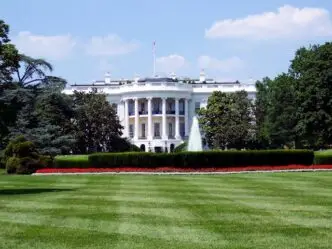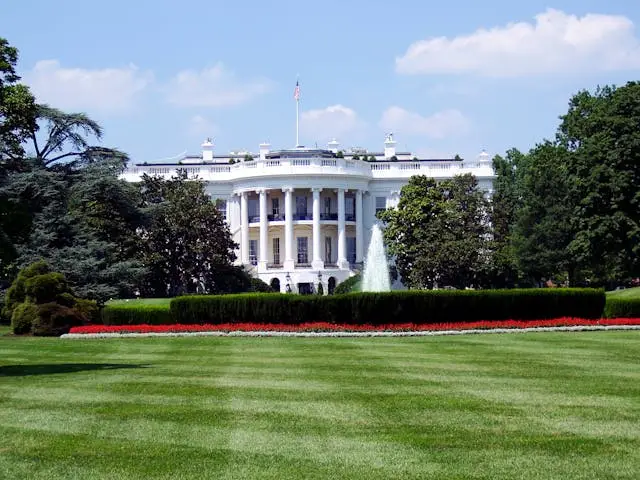Biden’s Statement on Assad’s Downfall Sparks Controversy
U.S. President Joe Biden sparked controversy on Sunday when he appeared to credit his administration’s Mideast policy for the downfall of Syrian President Bashar al-Assad. The statement drew immediate criticism from various quarters, with some arguing that it oversimplified the complex Syrian conflict and undermined the role of Syrian opposition groups.
Biden’s remarks came during a speech on Middle East policy, where he discussed the changing geopolitical landscape in the Mideast and the U.S.’s role in it. He argued that his administration’s policy of tough sanctions and diplomatic isolation led to Assad’s downfall. However, critics argue that this narrative downplays the multifaceted nature of the Syrian conflict, which involved numerous internal and external actors, as well as a bloody civil war that lasted over a decade.
Understanding the Syrian Conflict
Assad’s downfall marks the end of an era in Syrian politics. Since inheriting power from his father in 2000, Bashar al-Assad led Syria through a turbulent period marked by civil unrest, a devastating civil war, and widespread human rights abuses. The Syrian conflict, which began in 2011, drew in a complex web of regional and global powers, including Russia, Iran, Turkey, Saudi Arabia, and the U.S. These external actors played significant roles in shaping the outcome of the conflict, with their varying degrees of support for Assad and opposition groups.
Assad’s regime faced numerous challenges from both internal opposition and external pressure. The U.S., under several administrations, implemented a series of sanctions against Syria, aiming to pressure Assad to step down. However, critics argue that these sanctions largely failed to achieve their desired effects, instead exacerbating the suffering of ordinary Syrians. Meanwhile, Assad managed to cling to power, largely due to the support of key allies such as Russia and Iran.
Reactions to Biden’s Statement
Biden’s apparent attribution of Assad’s downfall to his administration’s policies has sparked controversy. Critics argue that it oversimplifies the complex dynamics of the Syrian conflict and neglects to acknowledge the role of Syrian opposition groups and other external actors. The Syrian opposition, which fought against Assad’s regime for over a decade, have often criticized the U.S. for its lack of direct military support.
Some observers also argue that Biden’s statement could bolster the narratives of Assad’s allies, such as Russia and Iran, who have long accused the U.S. of meddling in Syria’s internal affairs. They fear that this could further complicate the already delicate situation in Syria, as the country grapples with the aftermath of a devastating civil war and a deeply fragmented political landscape.
Implications for US Mideast Policy
While Biden’s statement has sparked controversy, it also offers insights into his administration’s approach to the Mideast. Biden has repeatedly emphasized a more restrained U.S. role in the region, focusing on diplomatic engagement and economic pressure. This approach marks a departure from the more militaristic strategies of previous administrations, which often involved direct military intervention.
However, the controversy surrounding Biden’s statement underscores the challenges facing his administration as it navigates the complex geopolitical landscape of the Mideast. While his administration has sought to distance itself from the more interventionist policies of the past, it will likely continue to face criticisms and controversies as it seeks to balance its strategic interests with the realities on the ground.















